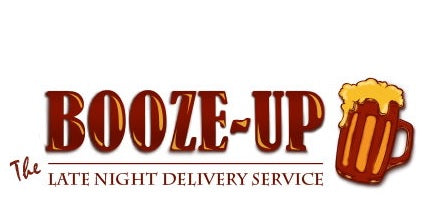One-in-three Parents Would Buy Alcohol for Their Underage Children

A third of parents would buy alcohol for their underage teenagers; a survey has found.
The legal age for buying alcohol in the UK is 18, but 35 per cent of parents said they would purchase an alcoholic drink for their youngsters under that age.
They believed it was generally more responsible than their children sourcing alcohol from elsewhere.
Some parents said providing the alcohol allowed them to “keep an eye on” what their children drank.
“Children who drink during adolescence, particularly those that get drunk, are far more likely to have problems with alcohol in later life.”
Alcohol Concern
But charity Alcohol Concern said it was “quite alarming” that parents were so willing to provide alcohol to underage children.
The survey also found 27 per cent of parents said their children had asked them for alcohol. Giving in to pressure, 13 per cent admitted they had provided it in the last six months.
‘Myth of the French approach to alcohol.'
The research was carried out by Booze Up, an alcohol delivery service operating in London and the South East of England, which surveyed 1,000 British parents.
Tom Smith, director of campaigns at Alcohol Concern, told i: “Well-intentioned parents sometimes give their children alcohol in the hope that it will help them to develop a more responsible relationship with alcohol.
“They hold on to the myth of the French approach, where [they believe the people there] have a responsible relationship to alcohol and introduce it to children at a young age. But it’s a misnomer.
“On top of the immediate safety risks, children who drink during adolescence, particularly those that get drunk, are far more likely to have problems with alcohol in later life.”
‘Role model’ for responsible drinking
Dr Sarah Jarvis, medical advisor to alcohol education charity Drinkaware, also said the proportion of parents willing to buy their children alcohol was “alarming”.
She warned of the health risks associated with underage drinking including the possibility of brain and liver damage.
“As a parent, you have more influence than you might think,” Dr Jarvis told i. “Your child is likely to come to you first for information and advice about alcohol, and you can help shape their attitudes and behaviour towards alcohol by being a role model for responsible drinking.”
In England and Northern Ireland, the Chief Medical Officer has advised that an alcohol-free childhood is the healthiest option.










